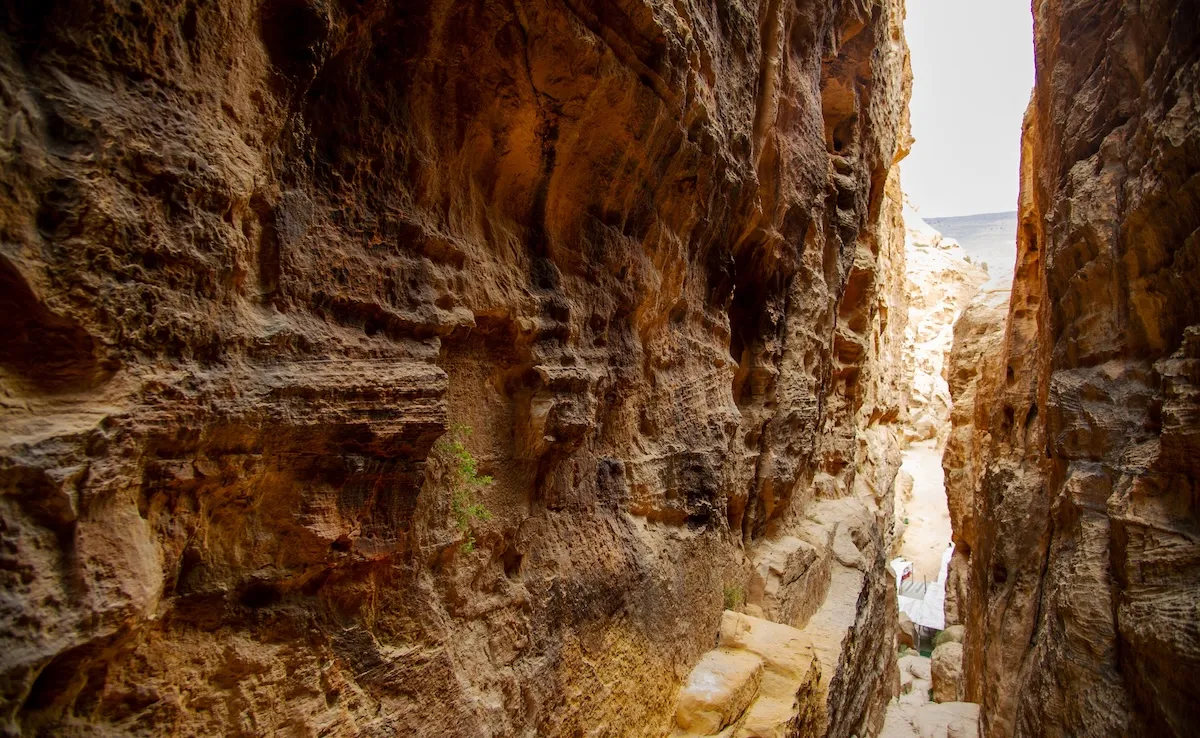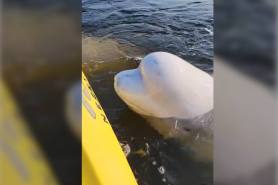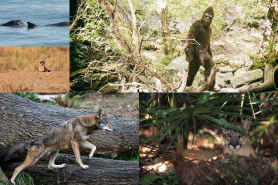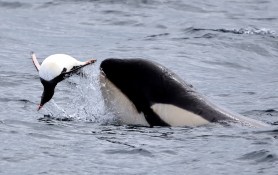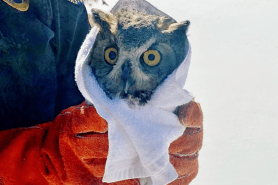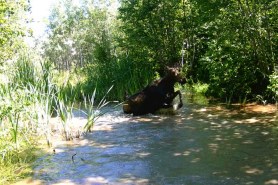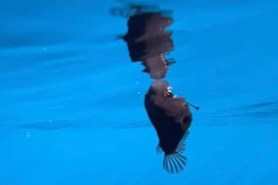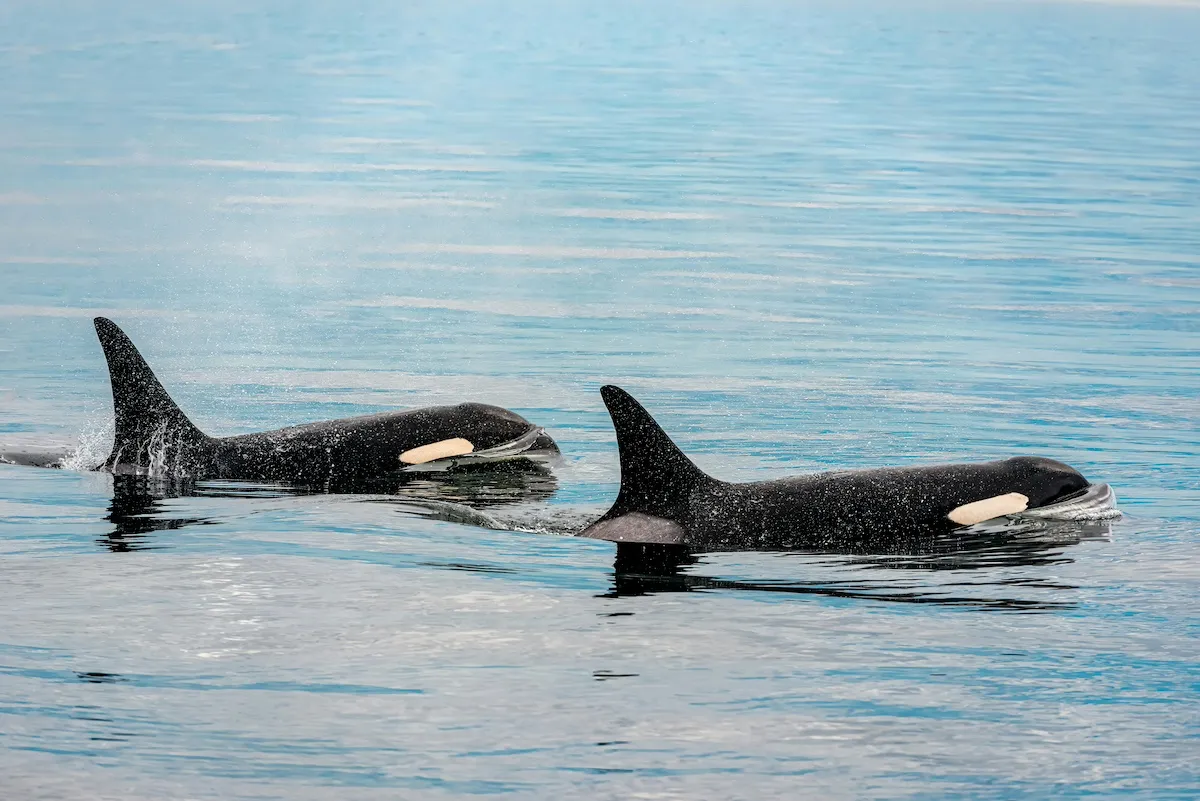

On Sunday morning local time, orcas rammed a sailing yacht in the Strait of Gibraltar, eventually sinking the boat. Two people were onboard during the attack. Both sailors survived the ordeal and were rescued by an oil tanker that transported them to Gibraltar, Reuters reports.
Videos by Outdoors
The yacht, called the Alboran Cognac, was 49 feet long. It was traveling in Moroccan waters when the sailors onboard reported “feeing sudden blows to the hull and rudder before water started seeping into the ship,” Reuters says.
The passengers alerted rescue services. The boat didn’t sink immediately, but reports suggest it eventually did. Officials do not know how many orcas attacked the boat.
This is the latest in a string of examples over the past few years of orcas ramming and even sinking boats, particularly in this area. But why?
Are Orcas Out to Sink Boats?
Last summer, Dr. Bec Wellard, a research scientist with the Centre for Marine Science and Technology at Western Australia’s Curtin University and the founder and head of research for Project ORCA, spoke with Outdoors.com about these types of incidents. She says even orca scientists don’t know for sure why killer whales are ramming boats.
“Killer whales are incredibly intelligent, exhibit culture, and show learned behavior,” Wellard said. “[S]ocial learning may have occurred, where it started with either one or a few individual orcas exhibiting this type of interaction with boats and has now spread to others.”
Wellard’s opinion about this behavior is that it’s arising from orcas’ inquisitive and playful nature. While killer whales are lethal predators, neither humans nor boats are their prey. It’s possible the animals were looking for a free meal (of fish), since Wellard says: “In the Strait of Gibraltar, killer whales have been observed depredating tuna on long-liners.”
While orcas aren’t necessarily out to sink boats, they do occasionally manage to do so, leaving wildlife researchers scratching their heads. For orca scientists like Wellard, the attacks are unfortunate, because the last thing these animals need is a bad reputation that could lead to fear or, worse, retribution.
